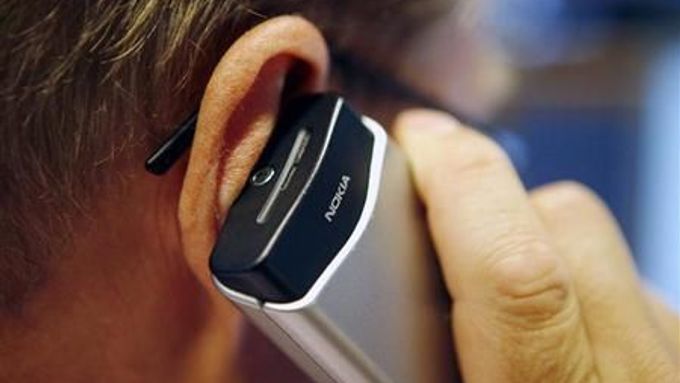Prague - Czech journalists are strongly opposing a lower-house proposal to ban media from publishing wiretaps. Yet, even the existing laws make the publication of wiretaps and other private content difficult by limiting journalists' right to protect the sources of such materials.
In early December, prosecution handed a CZK 20,000 fine to reporter Sabina Slonková after she refused to disclose the source of a controversial CCTV footage aired by internet online daily Aktuálně.cz.
The footage showed a secret meeting in Prague's Hotel Savoy of President Václav Klaus's chancellor Jiří Weigl with Miloslav Šlouf, controversial lobbyist and former adviser to Social Democrat PM Miloš Zeman shortly before this year's presidential election by the parliament. The meeting took place shrtly before the presidential election in February 2008.
The publication of the material sparked speculations about backstage deals between the president and the current opposition.
Witness can't refuse to testify
Two former policemen stand accused of violating Weigl's and Šlouf's privacy by leaking the footage to the media. They are charged with illegal handling of personal data, one of the crimes which a witness has a legal obligation to report or risk a penalty. Hence, the witness does not have a right not to testify.
Witnesses' right not to testify traditionally does not extend to some most serious crimes, including high treason, subversive activities, terrorism or genocide. Violation of privacy joined the list of exempted crimes in the 1990s.
"Protection of personal data is very strong within the [Czech] legal system," says defence lawyer and crime specialist Stanislav Devátý, adding that privacy is protected by both the penal and civil codes.
Privacy protection vs press freedom
Witnesses' obligation to testify in cases of privacy violations thus conflicts with the freedom of the press in cases where the publication of personal content is in the public interest.
Media law specialist Helena Chaloupková says that journalists should defend themselves in situations when the coercion to testify is not to commensurate to the seriousness of the crime. "We always have to examine whether there exist serious reasons for restricting the freedom of speech," says Chaloupková.
Slonková's lawyer has already appealed against the fine.
In an earlier dispute over journalists' right to protect their sources, the Constitutional Court ruled that police must not use journalists as a source of evidence that they are not able or willing to obtain by other means.










